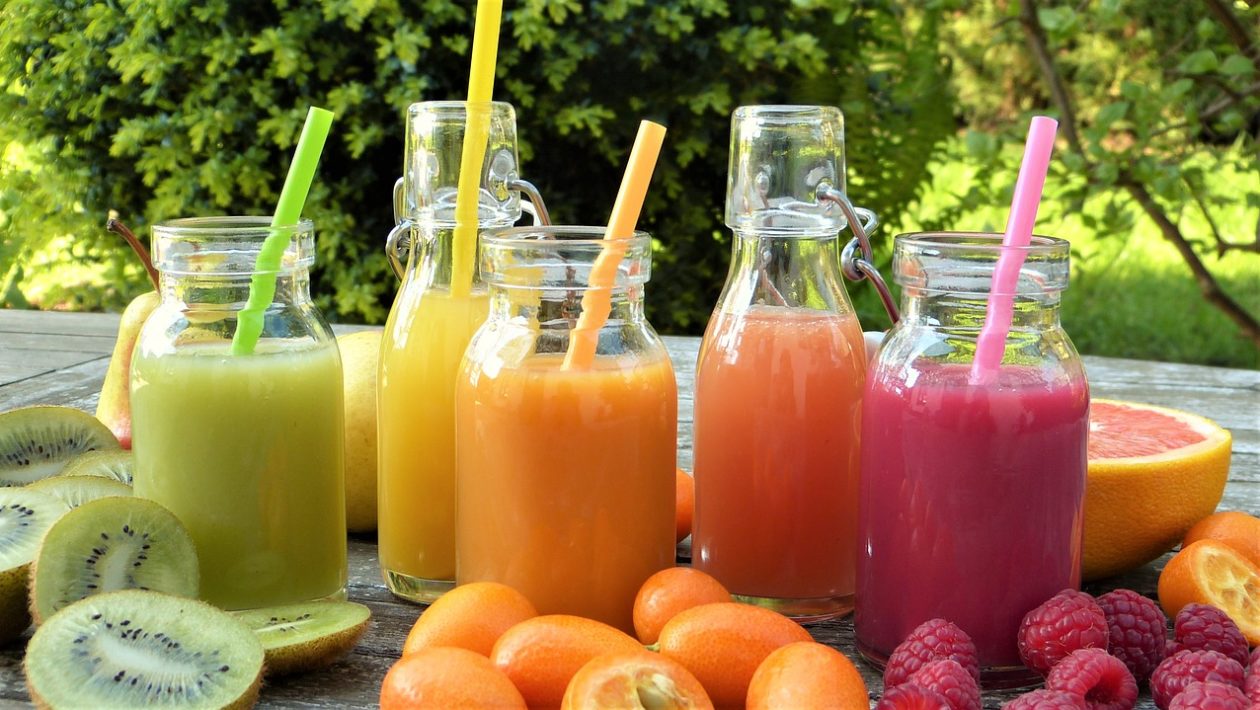We should all be concerned about what we eat, and there is a lot of truth in the saying, ‘you are what you eat’, as the food and drink we consume has a direct bearing on our physical and mental well-being. While we should try to keep everything we consume in moderation, here is our guide to a healthy diet, which might help you make a few changes to your dietary intake.
- Organically Grown Fruit and Vegetables – More and more health-conscious people are turning to organically grown produce that does not contain any chemicals, and this produce does not use pesticides or chemical fertiliser when grown. Many small farms now sell their organic produce to the public and in some cases, you can pick the produce yourself.
- Avoid Carbonated Drinks – They might taste nice but carbonated drinks are not a healthy option, and by changing to fruit juice powder or natural fruit drinks, your body will thank you for it. If you can manage to get your children to switch from carbonated drinks to natural fruit beverages, so much the better for their health. There are online suppliers of healthy juice where you can order from a wide range of products.
- The Calorie – Energy Balance – We burn energy and that energy can be measured by the calories in the food we consume, and if there is a balance between the number of calories consumed and the amount of energy spent, this is what is known as a healthy diet. If, for example, you use more energy than the calories you eat, you will lose weight, while if it is the other way around and you consume more calories than you expend, you will gain weight.
- Understanding Macronutrients – There are 3 macronutrients that the human body needs; they are carbohydrates, fats and proteins, and your body requires these in large quantities. Foods that are high in carbohydrates include bread, pasta and potatoes, while fats are found in nuts, cheese and dairy products, and proteins are found in meat and fish.
- Knowing Micronutrients – These are required in smaller quantities and they include magnesium, potassium, iron, calcium and all of the vitamins. If you have a balanced diet, you should receive all the micronutrients your body needs, although quite a few people take a daily vitamin and mineral supplement, which ensures you are not lacking in vital vitamins and minerals.
- The Dangers of Processed Foods – Processed foods contain chemicals and preservatives to keep them fresh for longer, and recently, there has been a move towards whole foods (foods that have no preservatives or added ingredients). More people are becoming vegetarians, preferring to derive their goodness from fruits and vegetables, rather than meat, which is a healthy path to take.
- Everything in Moderation – It is important not to over-indulge in any food or drink, as this is not healthy and the body must work hard to process excesses. Alcohol in particular, should not be consumed to excess, as this puts pressure on the liver and kidneys, as they must clean out the alcohol from your blood.
If you follow the above guidelines and maintain a daily exercise regime, you should be healthy in every respect and be able to enjoy an active outdoor lifestyle.

